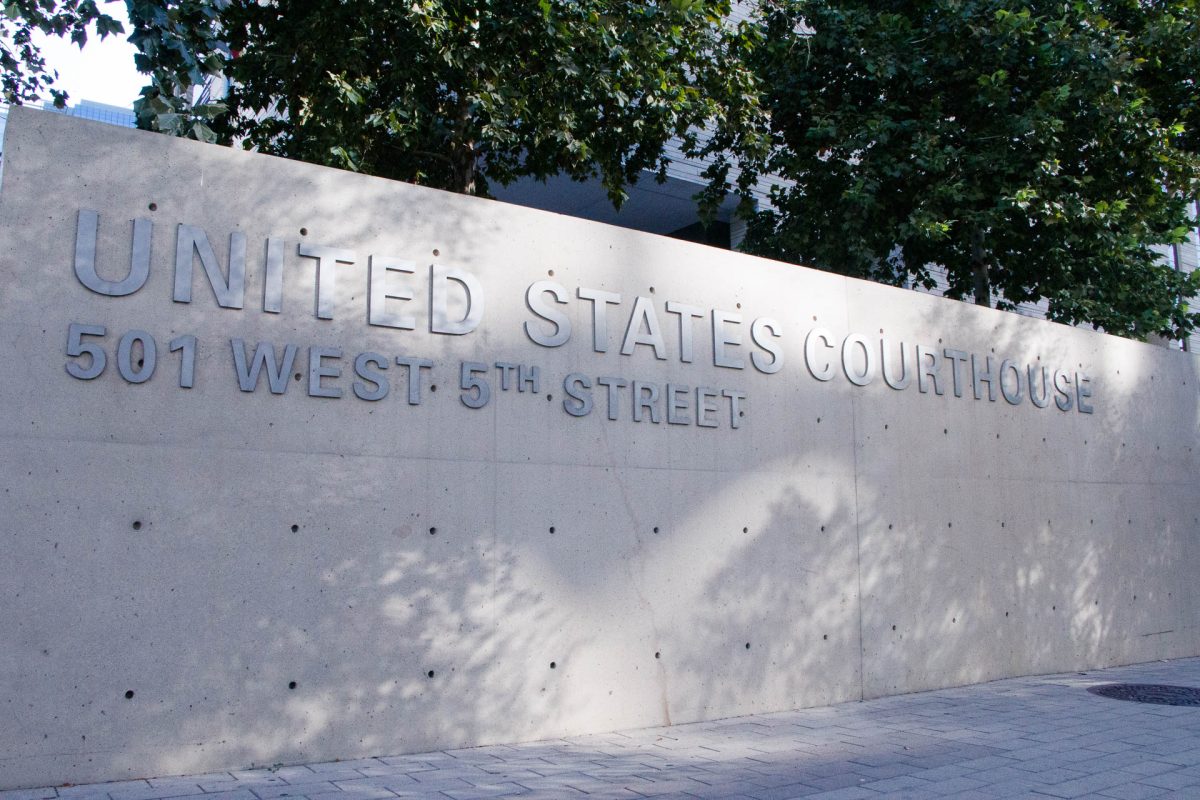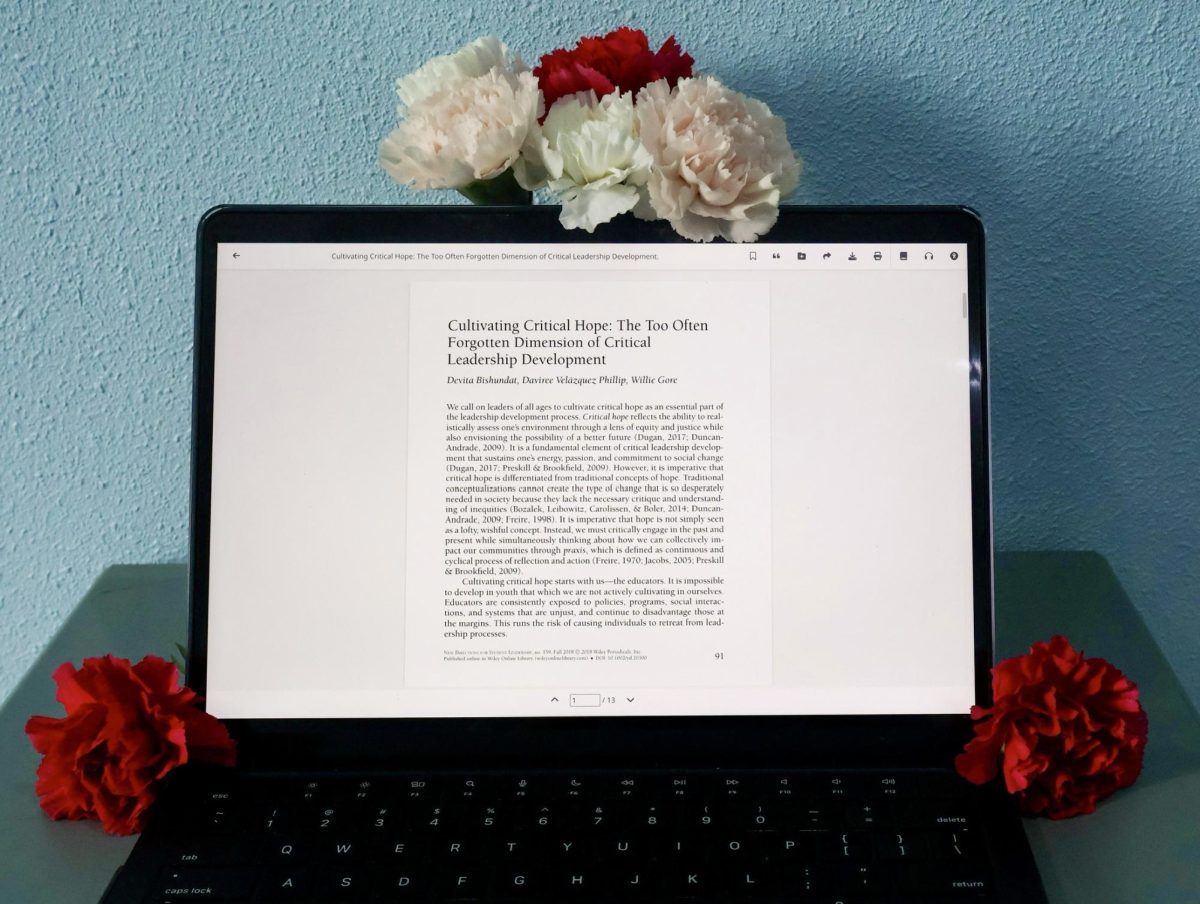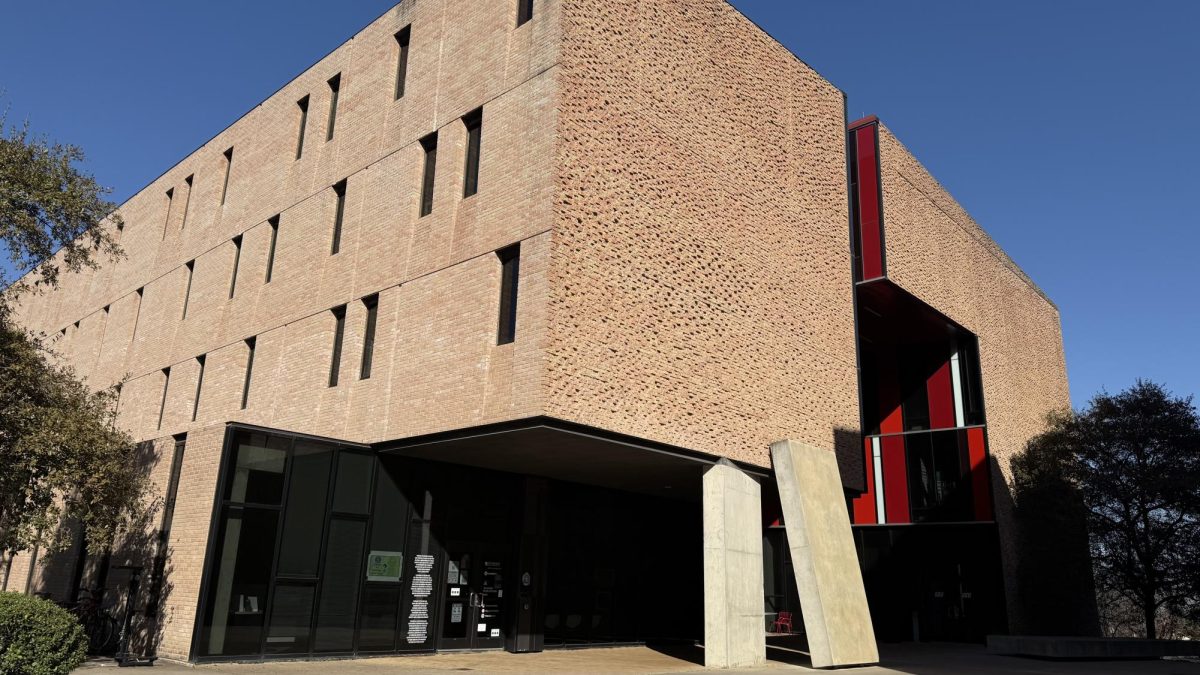The criminal justice system as an institution is far from “just”; this is nothing new. The system in place to handle legal procedures and justice in the U.S. has been historically biased to favor white people. From 2019 to 2023, documented police killings increased each year, with the killing of Black and Indigenous people occurring at higher rates each year compared to the general population – as well as a higher rate than white people. If the justice system is so unfair, why do we allow it to determine whether someone lives or dies?
In order to begin rectifying the harm done to people of color by the hands of the American legal system and criminal justice system, the death penalty needs to be abolished. As a society, we must move away from a system which utilizes execution as a method of deterring crime, and instead focus on community initiatives and rehabilitation for inmates. Capital punishment is a deliberate flex of a state’s power to punish and ability to make an example of the most marginalized groups in our population. Not only is this incredibly ineffective, it harms the communities that are already suffering from inequities and their own traumas.
The most marginalized populations in the U.S. are people of color; specifically Black, Indigenous, Latine people and people of lower socioeconomic status. Yet, despite these groups making up a minority of the U.S. population, they make up an alarmingly disproportionate rate of prison inmates, victims of police brutality, killings, unfair sentencing and even inmates on death row. These already marginalized populations are continuously failed by the systemic discrimination and racism ingrained in the systems and institutions upheld by the U.S.
As recently as this past month, Marcellus Williams, a Black and Muslim man, was wrongfully convicted of murdering Lisha Gayle, a white woman. He was executed by the State of Missouri via lethal injection despite there being no reliable evidence proving that he committed the crime. The conviction of Williams was entirely based on the unreliable testimony of two incentivized witnesses, a crime scene with no forensic evidence tied to Williams and racial bias. The prosecutor, Wesley Bell, has had a widely documented history of racially discriminatory jury selection, and this was no exception. The jury was composed of 11 white people and one Black person, and despite the illegalities, the prosecutor successfully struck down six of seven prospective Black jurors from the qualified selection.
Unfortunately, this isn’t the first incident of racial discrimination in the State of Missouri. For example, police officers in Ferguson, Missouri, abused their position of power by illegally stopping, searching, arresting or using force specifically toward Black people beyond their legal capacities determined by the situation’s context. In Ferguson, specifically, police officers targeted Black people with illegal arrests and ticketing to generate revenue for the city. The parallels between the over-policing of Black people in Missouri and Williams’ execution speaks volumes to the systemic racial discrimination still practiced in the state.
A justice system that embraces and prioritizes rehabilitation, fairness, respect for human life and a basic understanding of the effects of trauma continuously reinforced by systemic racism, is achievable. Our convicted populations, whether determined to be innocent or guilty, deserve empathy and compassion and to be treated like people. Our justice system continues to dehumanize inmates in Texas by limiting their access to air conditioning during the heat, clean drinking water, safe food or even adequate medical care.
Beyond moral or ethical concerns, the process of capital punishment is incredibly expensive. In 2014, the average cost for a death penalty case was $3.8 million as opposed to $1.3 million for a life sentence. Shifting the funding from capital punishment to programs that embrace rehabilitation and implement community support with a trauma informed lens would be significantly more impactful for communities, as opposed to wasting taxpayer dollars on a system that isn’t working.
Criminal actions and behaviors are extremely complex, and are rooted highly in a history of trauma. Using a trauma-informed approach to handle those who have experienced adverse childhood experiences would prevent individuals from being re-traumatized by the justice system and would ultimately be a large contributor to rehabilitation and transitioning inmates back into society. Investing in the community by creating resources that make life more equitable for marginalized groups will lead to the lower crime rate that capital punishment was intended to create. Scare tactics as forms of deterrence, like the death penalty, are not nearly as effective as digging deep and solving the root of the problem.









Kimberly Dodson • Oct 15, 2024 at 12:13 pm
With all of the limitations, abuses, and wrongful convictions, the death penalty perverts justice. I no longer call it the criminal justice system. It is the criminal legal system because justice is absent.
Percy • Oct 11, 2024 at 2:14 pm
YES! Rehabilitative justice all the way!!!